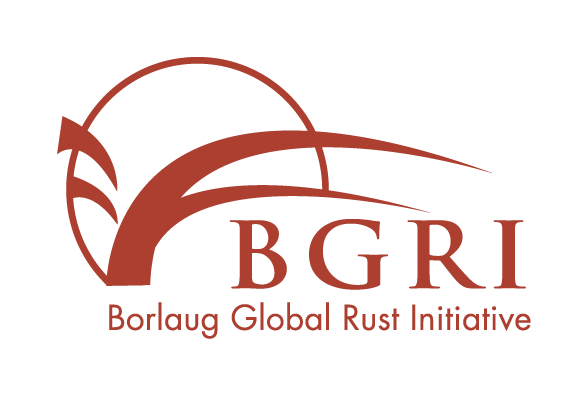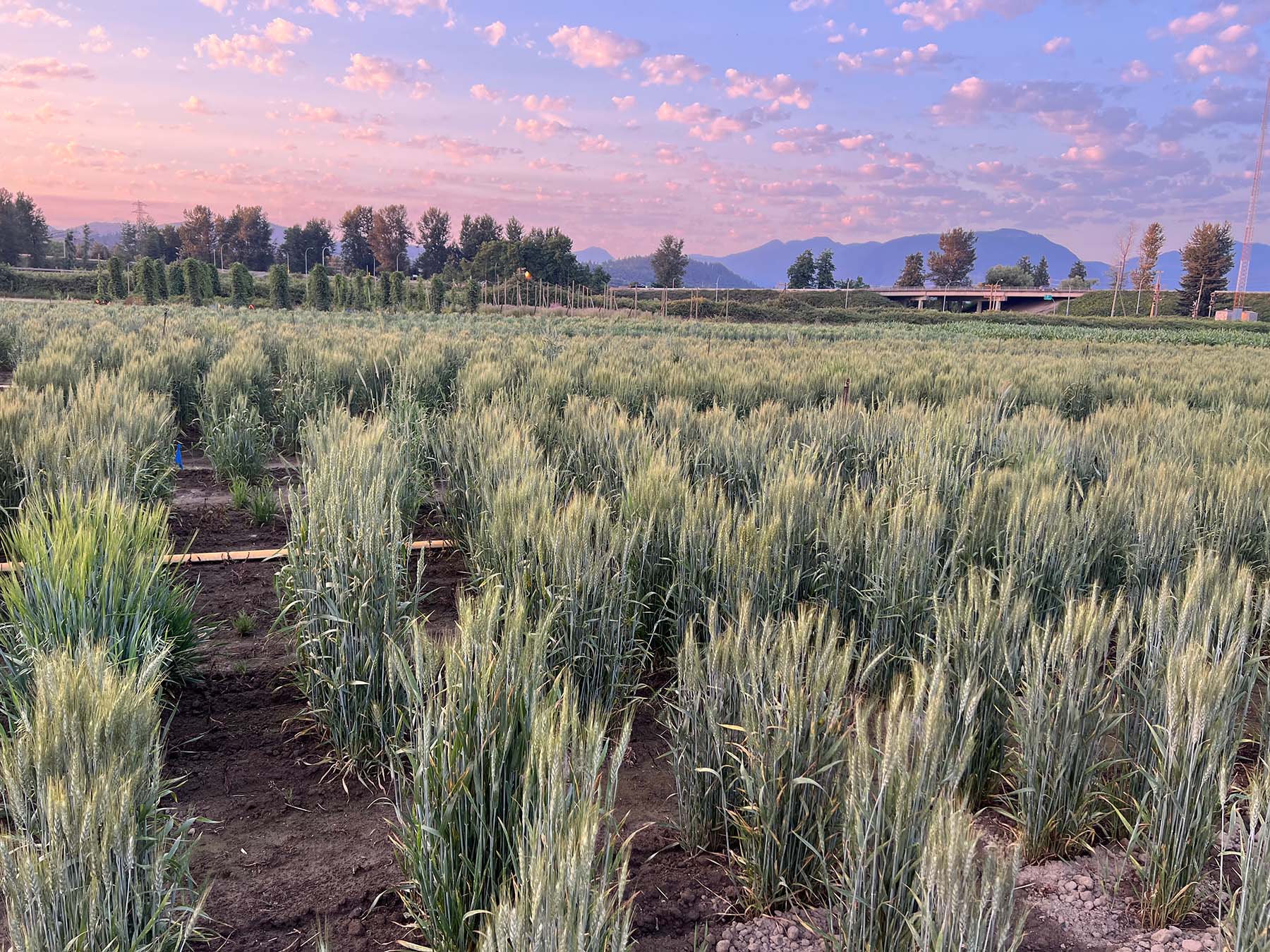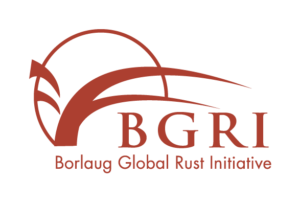The Borlaug Global Rust Initiative (BGRI) and the European and Mediterranean Cereal Rust Foundation (EMCRF) are excited to announce a new partnership aimed at advancing global efforts to combat cereal diseases. The collaboration seeks to enhance global food security through research, knowledge sharing, and the development of sustainable disease management practices focused on rust diseases and powdery mildew in cereals.
The BGRI will join the organization of the upcoming 17th International Cereal Rusts and Powdery Mildews Conference, which is hosted by University of Alberta / Agriculture and Agri-Food Canada on behalf of the EMCRF, along with the Canadian Phytopathological Society, scheduled for June 15-20, 2025 at the University of British Columbia, Vancouver, Canada.
Established in 2005 by Norman E. Borlaug and Ronnie Coffman of Cornell University along with key organizational contributors, the BGRI has been a driving force in addressing threats to wheat, particularly from rust diseases such as Ug99. With nearly two decades of expertise in fostering international cooperation and facilitating groundbreaking scientific research, the BGRI’s collaboration with the EMCRF will create a synergistic partnership, combining their strengths to more effectively combat wheat diseases and drive global impact.
The EMCRF has organized leading scientific conferences since the 1960s focused on promoting and disseminating the latest research on cereal rusts and powdery mildews. By convening experts from around the world every four years, the conference contributes with the newest research to support global strategies for managing these persistent threats to cereal production. Through this new partnership, the BGRI will integrate its network of researchers with the EMCRF network to combat cereal diseases.
“This partnership with the International Cereal Rust and Powdery Mildew Conference marks an exciting chapter in our efforts to combat wheat diseases on a global scale,” said Coffman, vice-chair of the BGRI and emeritus professor of plant breeding and genetics at Cornell’s School of Integrative Plant Science (SIPS).
Maricelis Acevedo, director of science for the BGRI and research professor in SIPS at Cornell, said, “Together, we will build on our collective strengths to address the challenges of wheat disease and ensure a secure wheat supply for future generations.”
“We are excited to join forces with the BGRI, which is an outstanding network covering rust research and surveillance, resistance breeding and training around the globe,” said Mogens Støvring Hovmøller, chairman of the EMCRF board and professor at Aarhus University in Denmark.
“This is an exciting opportunity for us Canadians to host this meeting for the first time in the Americas where we will bring together EMCRF, BGRI, and CPS attendees on one platform. I see this as an opportunity to showcase excellent cereal rusts research done in Canada for decades,” said Gurcharn Singh Brar, assistant professor of wheat breeding and genetics at University of Alberta and an affiliate assistant professor at the University of British Columbia.
Key Initiatives of the partnership include:
- Global collaboration platform: The BGRI will serve as a hub for facilitating collaborative research, sharing best practices, and fostering partnerships between researchers, institutions, and farmers. The partnership aims to promote innovative approaches to managing wheat diseases through global pathogen surveillance and research on host vulnerabilities.
- Increased participation of scientists from low-resource countries: The BGRI will promote the active involvement of National Agricultural Research System (NARS) scientists, particularly early- and mid-career researchers, in the ICRPMC. Through targeted outreach and mentorship programs, the initiative will help strengthen the next generation of cereal disease experts.
- Supporting early-career researchers: The partnership will continue to support the Jeanie Borlaug Laube Women in Triticum (WIT) Early Career Awards, which provide professional development opportunities for wheat scientists. By empowering young researchers in the early stages of their careers, this initiative fosters diversity and innovation in wheat research.
By joining forces, the BGRI and the EMCRF aim to harness the power of their combined global networks to tackle the urgent challenges posed by wheat diseases and ensure a prosperous future for cereal growers worldwide. This partnership will pave the way for more effective disease management strategies and further promote the importance of international collaboration in securing global food security.
More information can be found at the websites of the BGRI and the EMCRF.






